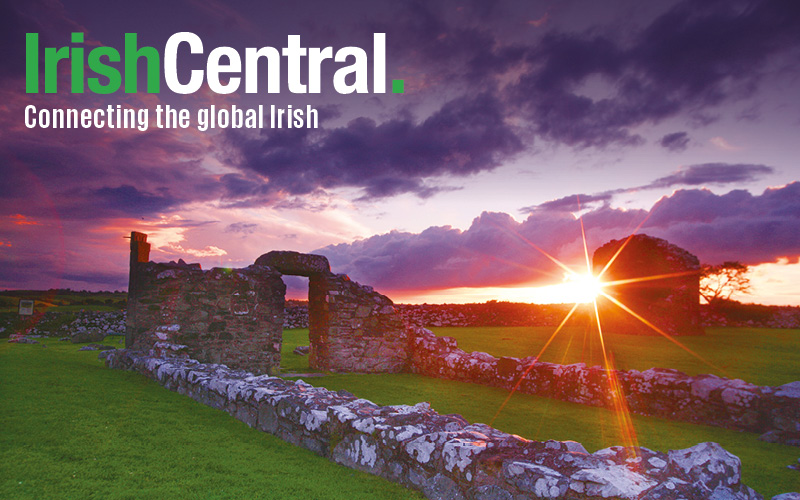The flood of refugees from Syria has asked tough questions of many European countries, including Ireland.
It is important to make a distinction between refugees and migrants. Refugees are fleeing a war zone in fear of their very lives, while migrants are leaving a country in hope of a better life elsewhere.
There are many international treaties covering refugees and the obligation to help them. The situation in Syria is hopelessly complicated with millions caught in the crossfire between militias and the government and each other. There is no solution in sight.
The world essentially turned a blind eye, leaving it to refugee agencies and low level government functionaries to deal with the crisis.
Once upon a time it seemed like a good idea to rid the world of despots such as Assad in Syria, Hussein in Iraq and Gaddafi in Libya, but what has replaced them is utter chaos and in the case of a large part of Iraq, the bloodthirsty monsters of ISIS.
The inevitable consequences of such chaos have been on display these past few years now but reached a crescendo this past week.
The photograph of the little Syrian boy washed up on a Turkish beach has done more to sensitize world opinion than all the international treaties in the world.
The boy, his older brother and mother at last put a human face on the dreadful crisis, and the reaction was immediate.
The pictures of the little boy went global, showing once again how powerful a tool the media can be in such circumstances.
The reaction in Ireland was immediate and the country has been called on to play its part. Indeed, German Chancellor Angela Merkel pointed out that Ireland, in her opinion, had not done its share, also citing the U.K., and Denmark.
President Michael D. Higgins has been quick to point out that our millions of Famine refugees were very similar to the tidal wave of hopeless and broken people cascading out of Syria at the moment.
Immigration is a thorny issue in Ireland, with many unhappy about the influx since the EU opened its borders.
But this is a crisis of a very different kind, and the Irish response in many cases has been for the government to do more not less.
In that respect the intervention of Pope Francis offers an opportune moment for the Irish clergy to bolster its reputation after some horrible years. The pope’s suggestion was that each parish take at least one family of refugees, a very clever way of forcing community action.
It would certainly focus the effort to do something concrete for the starving thousands who have fled.
Who could not but empathize as the desperate refugees embarked on a trek of hundreds of miles to the German border, across Hungary in search of safe harbor in Germany.
Ireland with its own history of refugees must play its part, and there seems a welcome acknowledgment of that fact.
Sometimes a problem arises that defies easy solutions like in this case, but Pope Francis has at least pointed a way forward. The Irish should follow.




Comments